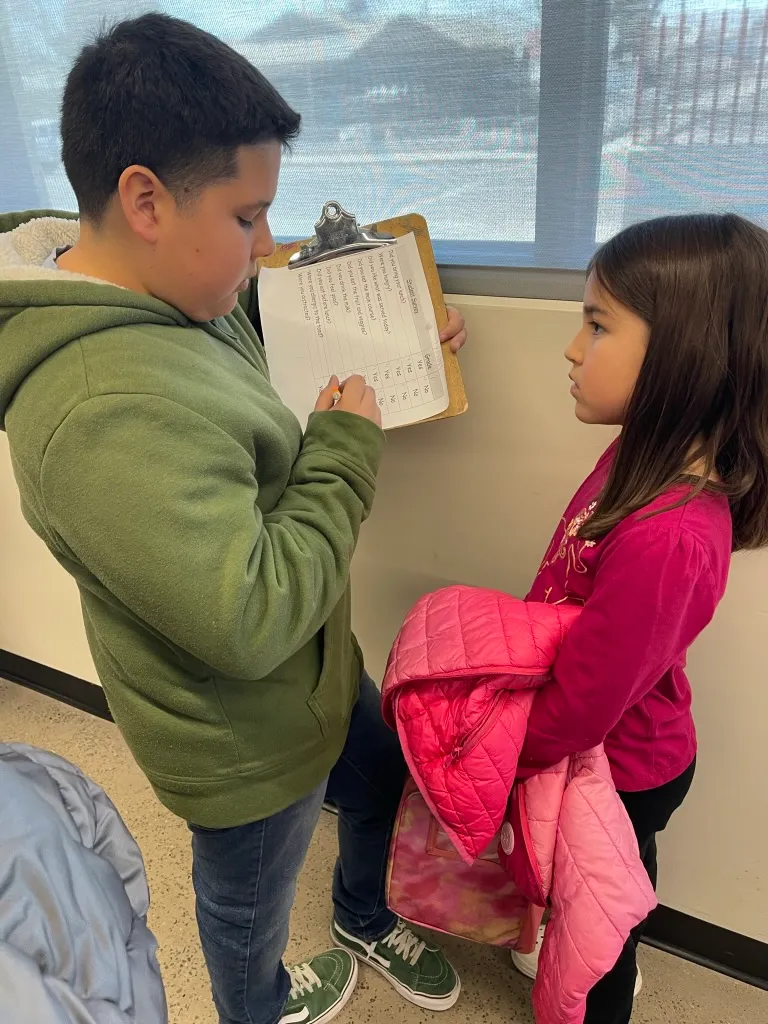The Action Project Framework
Six Stages – Environmental Action Civics
About the Earth Force Process
The Earth Force Process is a research-based model to implement Environmental Action Civics. It provides a framework for project-based teaching and learning that can be readily adapted to any age group or topic area, as well as to a range of timeframes for working with students. It is a series of six steps that, taken in sequence, guide you and your students to a civic action project that:
- meets a real community environmental need
- is of interest to your students
- aligns with your curricular goals
- is feasible to conduct
Students assess their community for environmental strengths and concerns using several methods of conducting an environmental inventory. They develop an awareness of the importance of taking public action in their community and of the roles of an environmental citizen.
Students practice criteria-based and democratic decision-making to refine and select a single issue for deeper research and information gathering. This step ensures students select an issue they are excited about and meets your academic goals.
Students conduct research on their issue, exploring policies and practices related to their issue using questioning and information analysis skills, identifying and interacting with stakeholders and experts on their issue, exploring different perspectives on their issue, and discovering strategies for change.
Students use democratic and criteria-based decision making to select one policy or practice they want to change and the most appropriate strategy to achieve the desired change.
Students work collaboratively to create an action plan for making the desired change and implement their plan.
Students review their experience by recognizing their successes, analyzing challenges, reflecting on lessons learned, and identifying potential next steps for their project.

“The successes we had in completing our action project was honoring student voices. Students were able to be active participants/leaders in creating the project.” – Martinez, Valle Vista ES
